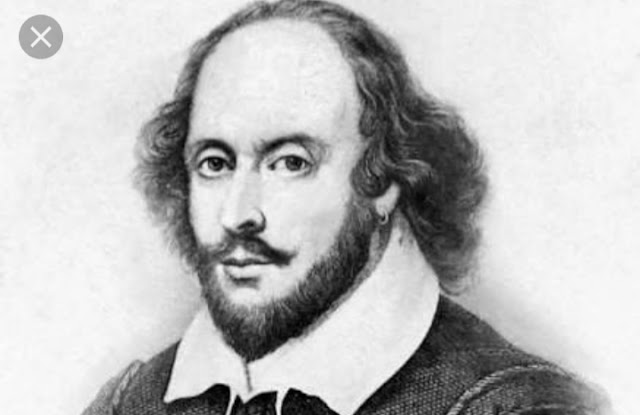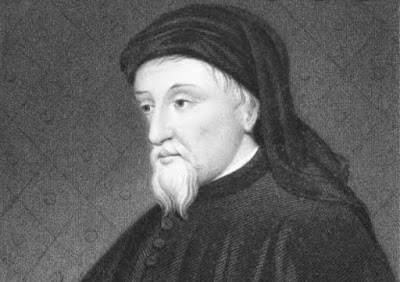A Critical Analysis of Separation by R N Tagore

This poem(Separation) has been written by Rabindranath Tagore. He was a remarkable and significant contributor to the emerging history of Indian literature. He had not formal schooling taste even though he gave us a large part of literary work. He had given us unbeatable property as Gitanjali. Here, I am going to explain the poem that has been taken from the Gitanjali. First stanza of the poem, "Clouds heap upon clouds and it darkens, Ah,love, why dost thou let me wait outside at the door all alone?" The poet starts with the bad situation of weather, he wants to say that clouds are getting darker and darker. The shining ray is rapidly darkening so oh my love, why are you standing me outside at the door. I think it's not comfortable, all alone and impatiently waiting for you. "In the b...





